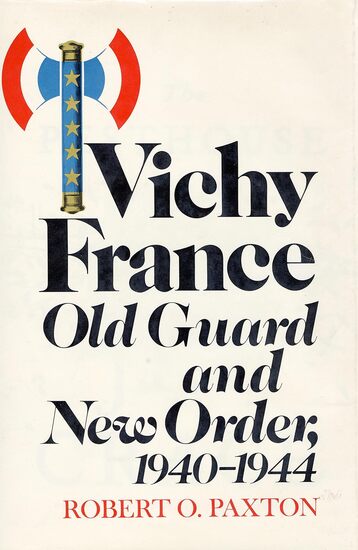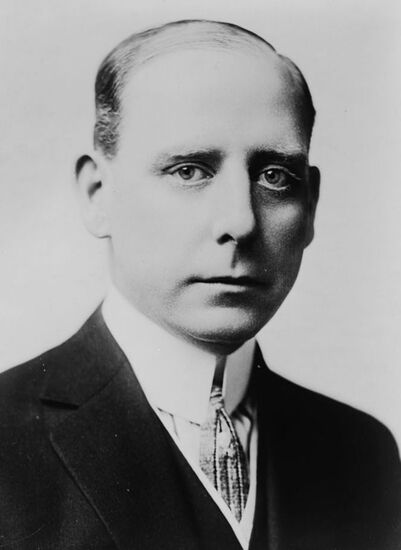Pillow talk has never felt quite so clinical, or revealing, than in the U.S. premiere of “Conversations After Sex,” a one act as explicit as the name suggests, written by Mark O’Halloran and directed by Tom Creed, and starring Kate Stanley Brennan, Fionn Ó Loingsigh, and Clelia Murphy, at the Irish Arts Center through March 11.
A full-frontal foray, the THISISPOPBABY production examines the complicated couplings of adults who seek sex for communication, connection and comfort, as one woman lusts after a meaning for living, and answers between the sheets.
The premise of the play, a peeping eavesdrop at concise and vulnerable times, follows an anonymous woman (Kate Stanley Brennan) through the span of a year in the immediate aftershock of loss. Having inherited a house and wealth in her 20s (in what sounds like a perverse Dublin fairytale), the woman engages her periodic promiscuities with handsome strangers, filling the void where her heart lays empty. In her ensuing series of flings, trysts, and one-night-stands with anonymous men (Fionn Ó Loingsigh)—some of whom become repeat offenders—dialogues emerge after climaxes, ranging from awkward moments of openness to a sympathetic detachment with those she momentarily meets in grief.
While the title provokes a kind of confessional exposé, the subject matter of the play is not altogether all that intimate. In its most literal sense, the dramatic action of the play resumes where the physical action leaves off in blackout, reserving at least a semblance of the production’s shock-and-awe to imagination in this post-coital play. Yet the production conveys an intriguing irony, as O’Halloran’s characters guard, clash, and unravel emotionally, while they stumble to express personal intimacy through intimately-impersonal behavior.
Despite the scenes’ sensual pretext, “Conversations After Sex” is neither particularly as feel-good, nor as self-flagellating, as one might suspect, though it is in several respects a pleasure to view. The themes of these conversations cover broad strokes — touching sexuality, regret, death, infidelity, loneliness, pornography and self-discovery.
In the minimal and transparent set (design by Sarah Bacon) of a skeletal cube, a spotlight on a bed in centre stage, jumbled parings of clothes, and barebones furnishings, this show embodies itself: to bare it all, with nothing to hide.
For their utmost worth, the performances, intent on concealing nothing, achieved an outright honesty and unashamed truth on stage.
Fionn Ó Loingsigh’s performance, playing the gamut of Dublin masculinity, in a rolodex of dialects and more impressive roll call of characters, stuns the stage with his imperceptibly real ensemble of men, bringing a depth of personality and sensitivity to men seldom represented so well. Ó Loingsigh’s composures of arrogance, antagonisms, compassion, and brute frailty are the ideal match to Stanley Brennan’s counterpart.
Kate Stanley Brennan is the epitome of her role, and reason for the praise of this play. Brennan’s portrayal of a woman bereft of optimism is eviscerating and unforgiving, without an ounce of artifice or false hope. Through a head rush of callous pain, agnostic attractions and agony, audiences will find an undeniable, unhappy friend in Brennan’s role, for better or worse.
Always slightly behind the curve, the social cues of this Irish production, when set before an American stage, appear to suffer a lag-time differential. While the courage of full public nudity might be a watershed moment for theatre in Dublin, audiences in New York will gasp, more so at liberation lost in translation, as the theatrical fad in America has gone out of its comfort zone.
The other arching theme recently prevalent in Irish theatre, of “more money, more misery,” may appear decadently droll, entitled, and self-indulgent to American theatergoers who don’t understand the context. The story of a middle-class woman who lives rent-free and doesn’t work, who buries her sadness in sex, scintillating as it is, may fall on jaded ears, and be hard to swallow for an American public rotting under its own cynicism.
“Conversations After Sex,” like its characters, shares only what it wants to share, leaving audiences intimately invested, but somewhat uninvited; rending out moments of partial catharsis, while audiences are left to decide whether this 85-minute work has taken advantage of their attention.
If the play’s resolution of “being alone, together” as the failsafe, happy-compromise of moral posturing for this postmodern, wayward generation doesn’t sound like a satisfying end to the night, this show isn’t for you. For those rolling the risqué gamble that “Conversations After Sex” might spice up your date night, you are wrong. If you are a broken, naked soul desiring nothing more than the warmth of a body and a place to cry, step right up.
Two is company, but not too close.
For tickets, visit irishartscenter.org.









